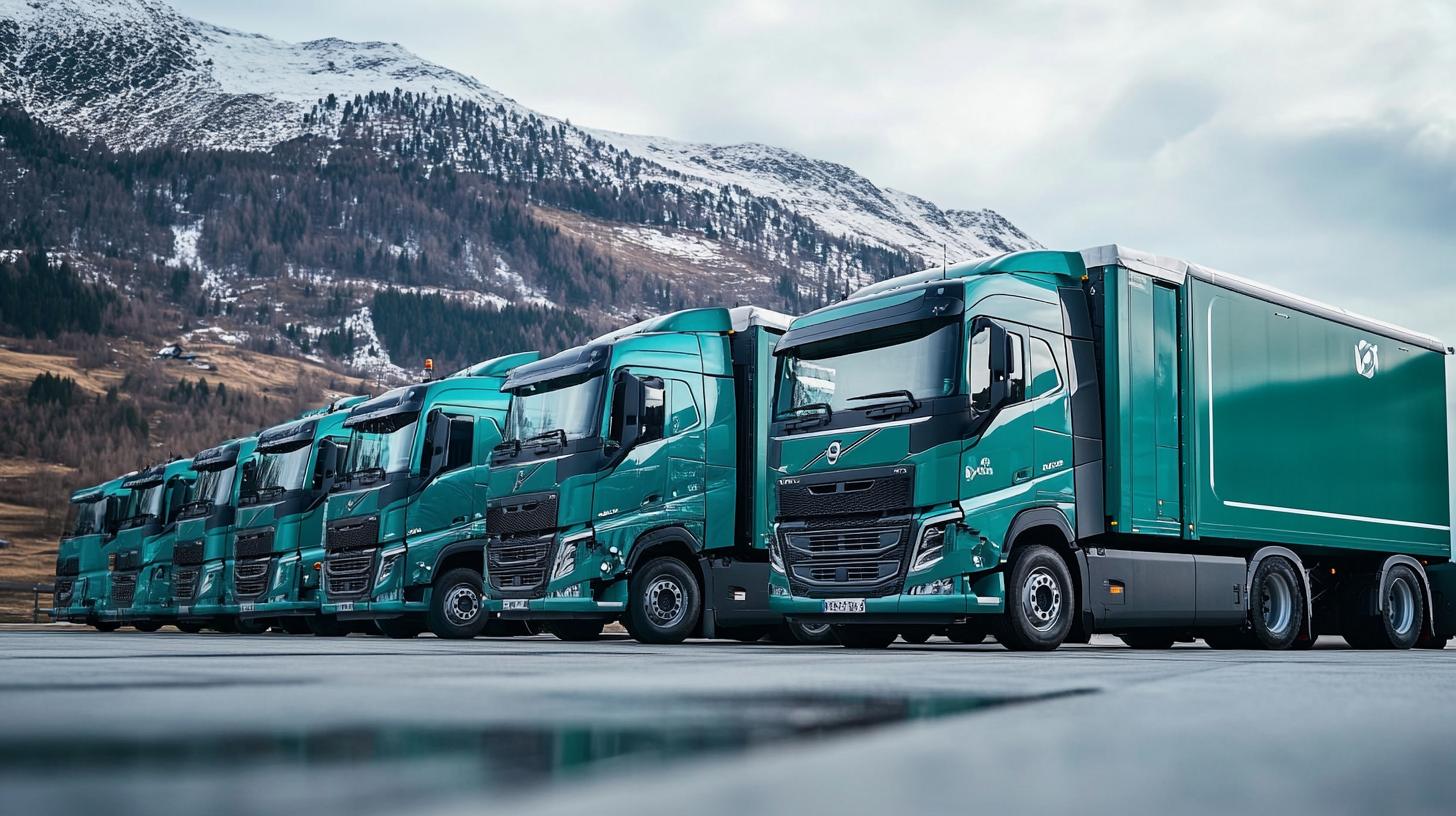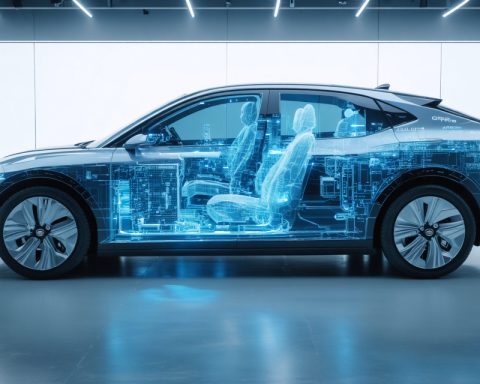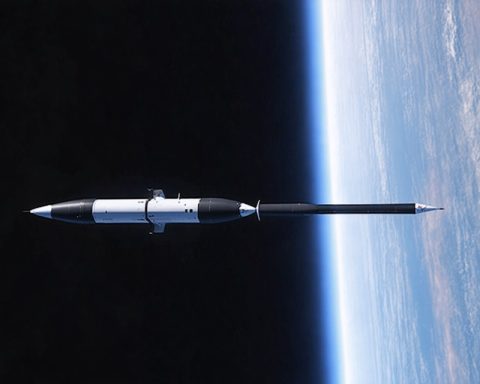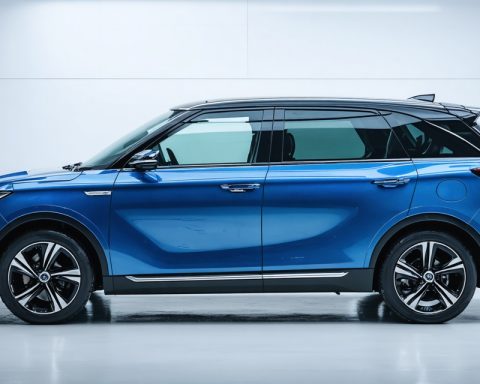Renault Unveils Ambitious Electric Truck Plans
Renault Trucks is making waves in the electric vehicle industry by announcing its plans for a new long-range electric truck, the E-Tech T. Designed to cover an impressive distance of up to 600 kilometers on a single charge, the new model is set to broaden Renault’s electric truck offerings. Production is slated to begin in 2026 at the Bourg-en-Bresse facility in France, with order books opening in the latter half of 2025.
Technological Advancements and Challenges
A key innovation behind Renault’s extended range is its cutting-edge e-axle system. This technology consolidates the truck’s drive components, such as the electric motors and transmission, at the rear, thus allowing for extra battery incorporation. While official specifications remain under wraps, insights suggest that the new E-Tech T may house eight battery modules totaling approximately 800 kWh, compared to the current top version’s 540 kWh capacity. However, this increased capacity comes with trade-offs, potentially adding weight and impacting the truck’s payload and carbon footprint. Renault is committed to working closely with customers to balance battery choices with logistical and environmental considerations.
Competitive Landscape Heats Up
The push for long-haul electric trucks is not just Renault’s endeavor. As the race intensifies, neighboring Volvo Trucks plans to debut a similar electric model by 2025. The competition is fierce with Daimler Truck already launching the Mercedes-Benz eActros 600 and other European manufacturers like MAN, Iveco, and DAF quickly following suit.
The Future of Electric Trucks: Renault’s Bold Move and Its Implications
Introduction
While Renault Trucks is making headlines with its long-range electric truck E-Tech T, several unmentioned details extend beyond the company’s immediate plans and could significantly influence the future of transportation and technology globally. This expansion not only propels Renault into the forefront of the electric truck market but also sets a stage for technological evolution and human advancement.
Pioneering Energy Efficiency
Renault’s new e-axle system, while optimizing for battery capacity, introduces several potential enhancements in energy efficiency and vehicle dynamics. By localizing the drive system to the rear axle, Renault may improve the aerodynamic efficiency of the truck. This arrangement can lead to lower energy consumption per kilometer, a crucial benefit that could reduce operational costs for logistics companies relying on electric trucks.
The Environmental Dilemma
Despite the positive strides toward sustainability, these advancements come with underlying environmental questions. The increase in battery capacity, while extending range, may lead to concerns about the sourcing and recycling of lithium and other rare earth materials. Are the environmental costs of producing larger batteries factored into the sustainability narrative? Renault’s approach to sourcing raw materials responsibly and effectively recycling battery components is essential for maintaining environmental credibility.
Human and Technological Development
The ripple effect of Renault’s electric truck extends to new job creation and skill development in the industry. The production of electric trucks requires a workforce knowledgeable in cutting-edge technologies, promoting new opportunities and roles within the job market. Additionally, advancements in electric vehicles can lead to technological breakthroughs that filter into related fields, such as improvements in battery technology for consumer electronics or renewable energy storage solutions.
Impacts on Infrastructure
As electric trucks increasingly become a staple of trade, the demand for charging infrastructure will drastically rise. Does the current infrastructure support long-haul electric vehicles? The necessity for more widespread and robust charging stations poses both a challenge and an opportunity for cities and countries worldwide, driving a new wave of technological infrastructure development.
Controversies and Questions
The debate between electric versus other alternative energy sources, such as hydrogen fuel cells, continues to fuel (pun intended) innovation and contention within the industry. While electric vehicles promise cleaner emissions, hydrogen offers faster refueling times and potentially greater energy densities.
Which technology truly offers the most sustainable and efficient solution for the future? As manufacturers like Renault push full steam ahead into electric, this question may dictate the direction of investment and research in the coming decades.
Conclusion
Renault’s ambitious projects are a testament to the transformative power of innovation in shaping a more sustainable future for transportation. However, the industry must tackle the accompanying challenges head-on and consider broader impacts on society, infrastructure, and the environment. The advantages seem promising, yet it is critical to address and mitigate potential disadvantages as the world steers toward an electrified future.











